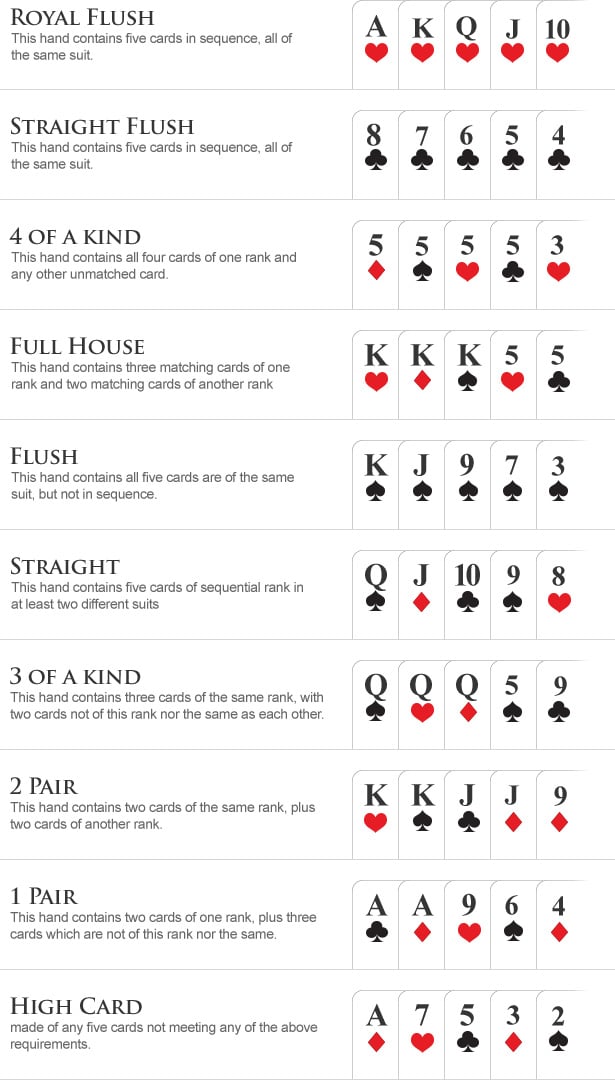Don’t Look Like a Rookie
In 2002, Chris Moneymaker (yes, that’s his real name) was an accountant and amateur poker player in Tennessee. He played online quite a bit, and occasionally in casinos, but mostly ended up in debt. By the end of May 2003, he had won the World Series of Poker — and the $2.5 million main prize. Moneymaker beat the best players in the world, and amazingly, it was the first live tournament he had ever been in. And it all started with an online game that had a $39 entrance fee.
After that, as you can imagine, the popularity of Texas Hold’Em poker skyrocketed. All of a sudden men and women around the world were trying to figure out how to play the game that was at one time reserved for outlaws and back-alley hucksters. Weekly or monthly house games popped up as folks honed their poker skills in hopes of hitting it big someday.
The tide of amateur players hoping for a big payday ebbed a bit after 2007 or so, but the game of poker retained a newfound respect. Groups of friends and coworkers realized that a casual night of cards could be both fun and competitive, and Texas Hold’Em became the de facto game of choice for guys’ nights and bachelor parties.
It was with that sentiment that I hosted a poker game at my house for a friend’s bachelor party. I had no idea what I was doing, but I had a poker table and some chips, and figured it would be a good time. It ended up being so much fun that I now host a monthly game at my house with 7-10 regular guys, and it’s always a big hit. (Look for a piece on how to start your own poker night later this year.)
At the beginning, I didn’t know what the heck I was doing. Even though I was host, I had to lean on others to know the rules and etiquette of the game, let alone strategies for actually winning. Even though my buddies didn’t really care, it was embarrassing to have to be reminded as to which hands won and the protocol that keeps the game moving along. Now that we’re 6 months in, though, I’ve largely got the hang of things.
When guys who haven’t played much poker drop in on our group these days, they often start out like I did — a little nervous and a little lost. Besides just losing money, these newbies often interrupt the flow of the game, and have to be coached along. That’s okay by us, but it’s definitely more fun for everyone involved when each player has a good understanding of the game and is able to compete.
If you find yourself in the position of playing your first games of Texas Hold’Em, you’re probably not looking to win big and move on to the World Series of Poker. You just want to be able to hold your own and not look like a total newb. The information below will help you get there and be able to confidently play with your buddies, and even win a few hands. We’ll cover basic terms, table etiquette, and general strategic tips to keep in mind. Let’s dig in!
Note: Although there are many varieties of poker, this article focuses just on Texas Hold’Em, as it’s far and away the most popular version these days.
1. Know the Rules of the Games
Honestly, the game play itself isn’t all that complicated compared to betting strategies, knowing your table position, etc. (more on those later). That said, you should know how Texas Hold’Em works before you get yourself into a game. Rather than doing so at length here, I encourage you to check out this good intro on the rules and game play. You can also watch this short video which visually walks you through a hand:
2. Get Familiar With the Hand Rankings
One of the things new players struggle with the most is knowing which hand of cards wins. Between pairs and straights and flushes, it can get a little confusing. Reference the chart below to familiarize yourself with how the hands rank. In many cases, a pair or two pairs will take the pot. In my house games, I’m not sure we’ve ever seen better than a full house; the hands above that are extremely rare.

Source: www.wsop.com
Leave a Reply